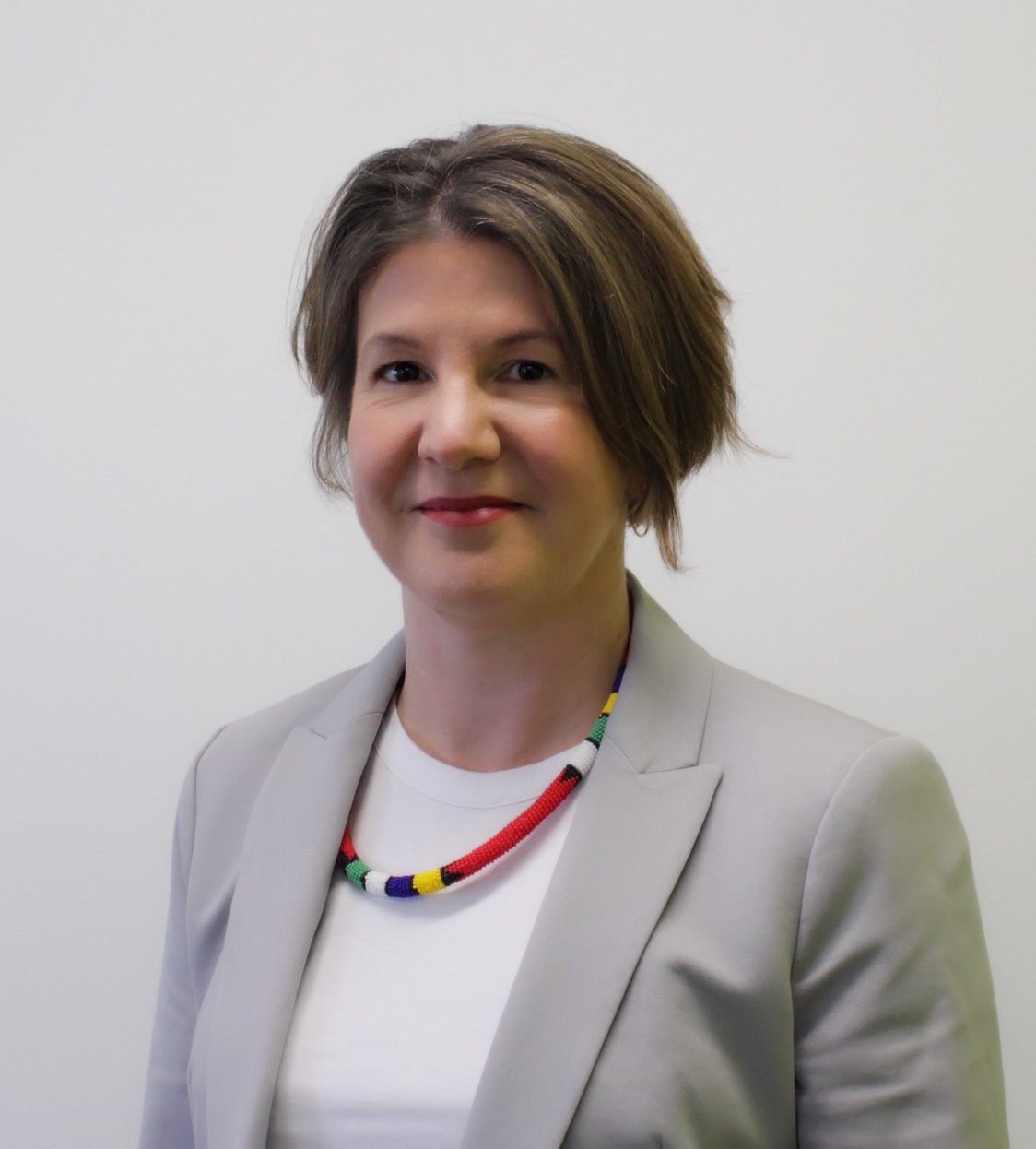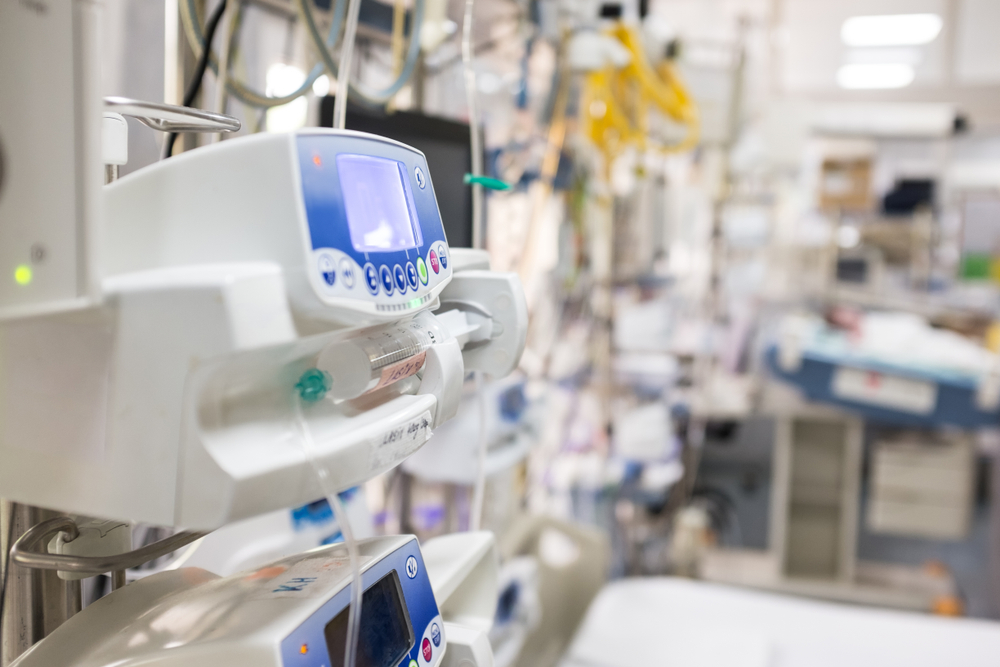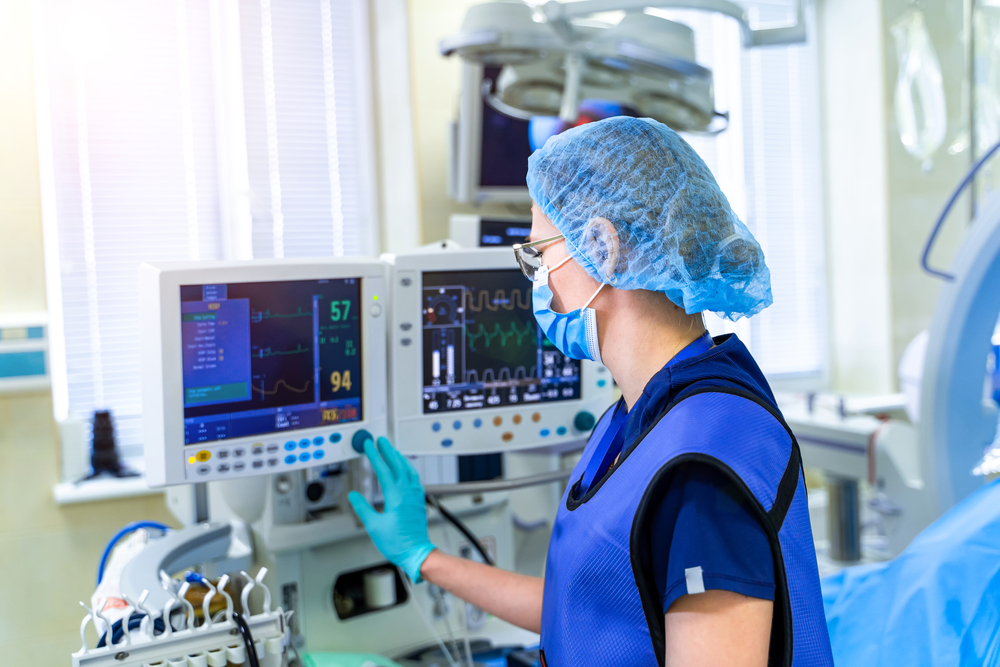
Using artificial intelligence methods to support doctors to provide better care for COVID-19 patients in intensive care (DECOVID project)
The DECOVID project will apply cutting-edge data science and artificial intelligence, to understand COVID-19 in detail across the UK, and create new ways to support doctors caring for the most unwell COVID-19 patients in intensive care units. They will develop data-driven ways to help doctors answer the most important clinical decisions involved in COVID-19, such as ‘can this patient be safely discharged?’ and ‘how likely is that this patient will develop acute respiratory distress syndrome’? This will require:
- A better understanding of the national occurrence of COVID-19: at a community level, not just regional level.
- A link through to routinely collected health information, to minimise data collection burden on frontline NHS staff.
- Testing of analytical tools (using artificial intelligence approaches, such as machine learning) to find more effective intensive care treatment strategies – improving care for patients and reducing strain on NHS doctors and systems.
Mapping COVID-19 in the UK
Most of what we currently know about COVID-19 comes from data about its outbreak in China and Italy, but there may be differences within the multi-ethnic communities of the UK which have not yet been uncovered. Public Health England are doing an excellent job of mapping COVID-19 cases and deaths in the UK by region. However, more in-depth data to map COVID-19 cases at a much more granular level is required – this groundwork will be carried out by the DECOVID team. The DECOVID project and teams have been structured to be nationally scalable, so the whole of the UK can benefit from insights it generates.
Linking to routinely collected health data across the UK
It is essential to have a real-time flow of health data from COVID-19 positive patients, to minimise research data collection burden on frontline NHS staff. The data will include information on pre-existing medication regimes, COVID-19 test results, symptoms, vital signs, patient movement within the hospital, final outcome including death and discharge etc. The link to such data in as near real-time as possible, will be provided by PIONEER, HDR UK’s Health Data Research Hub for Acute Care.
Testing analytical tools for use in improving clinical care of COVID-19 patients in intensive care
Once real-time COVID-19 health data is brought together with cutting-edge analytical tools from the artificial intelligence domain, DECOVID teams will go on to develop better ways for doctors to care for the UK’s most acutely unwell COVID-19 patients. Time is of the essence, so the teams won’t be developing these digital tools from scratch. Instead they will be testing already-proven, robust and reproducible analytical tools, using artificial intelligence approaches such as machine learning, to see whether they can be used in an intensive care setting, by doctors on the frontline, to improve the clinical care provided to our most sick COVID-19 patients.
The people involved
DECOVID brings together a new collaboration of researchers and innovators, and will involve the UK’s most talented data scientists, statisticians, artificial intelligence experts, clinicians etc, from Health Data Research UK, the Alan Turing Institute, NHS Trusts and other academic partners. PIONEER is led by Liz Sapey at the University of Birmingham (part of HDR UK Midlands) and will be central to the DECOVID project. Liz has shared her thoughts on patient care at the time of COVID-19 and how routine health data can help in an HDR UK blog. PIONEER integrates information about how acutely unwell people access and use health services – such as from community health, the ambulance service and hospitals – and works with innovative healthcare companies to develop, test and deliver advances in clinical care. DECOVID also involves Chris Holmes, Health Data Research UK’s Health Data Science and AI Lead, who holds a joint appointment with the Alan Turing Institute. Chris leads our national priority in Applied Analytics, which matches expert knowledge of analytical tools, such as machine learning and artificial intelligence, with large-scale health datasets to improve health and care delivery. This project also aligns with HDR UK’s national priority in Better Care, which aims to equip clinicians and patients in the UK with the best possible data-based information to make decisions about their care.
Next steps
The DECOVID team is currently assembling. The project will pave the way for a better understanding of the ongoing and likely future impact of COVID-19, leading to innovative approaches to more effective clinical care.





